A Taiwanese military veteran is now a renowned needle felting expert who handcrafts her signature art pieces, replicas of the popular breakfast bread—the polo bun or pineapple bun—and much more, bringing art to our daily lives.
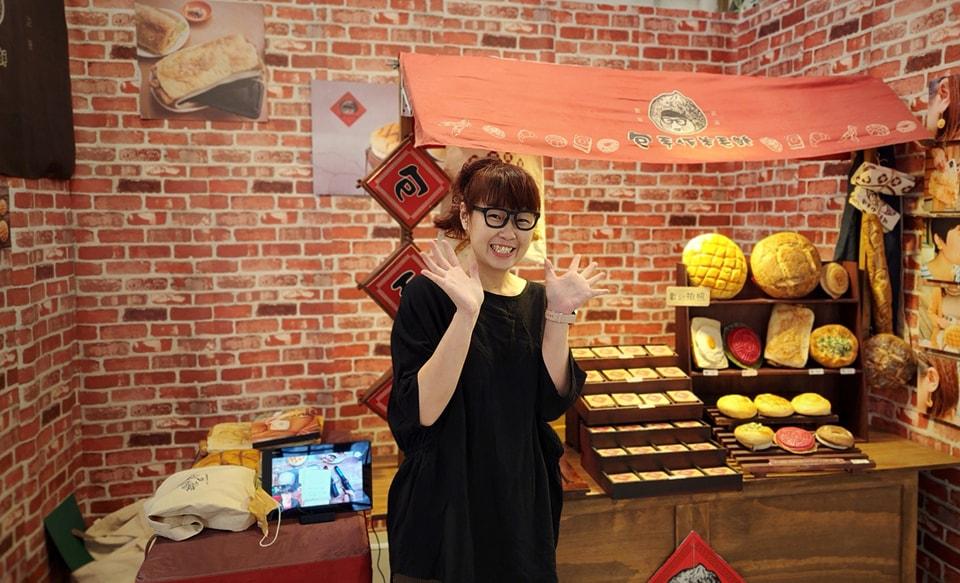
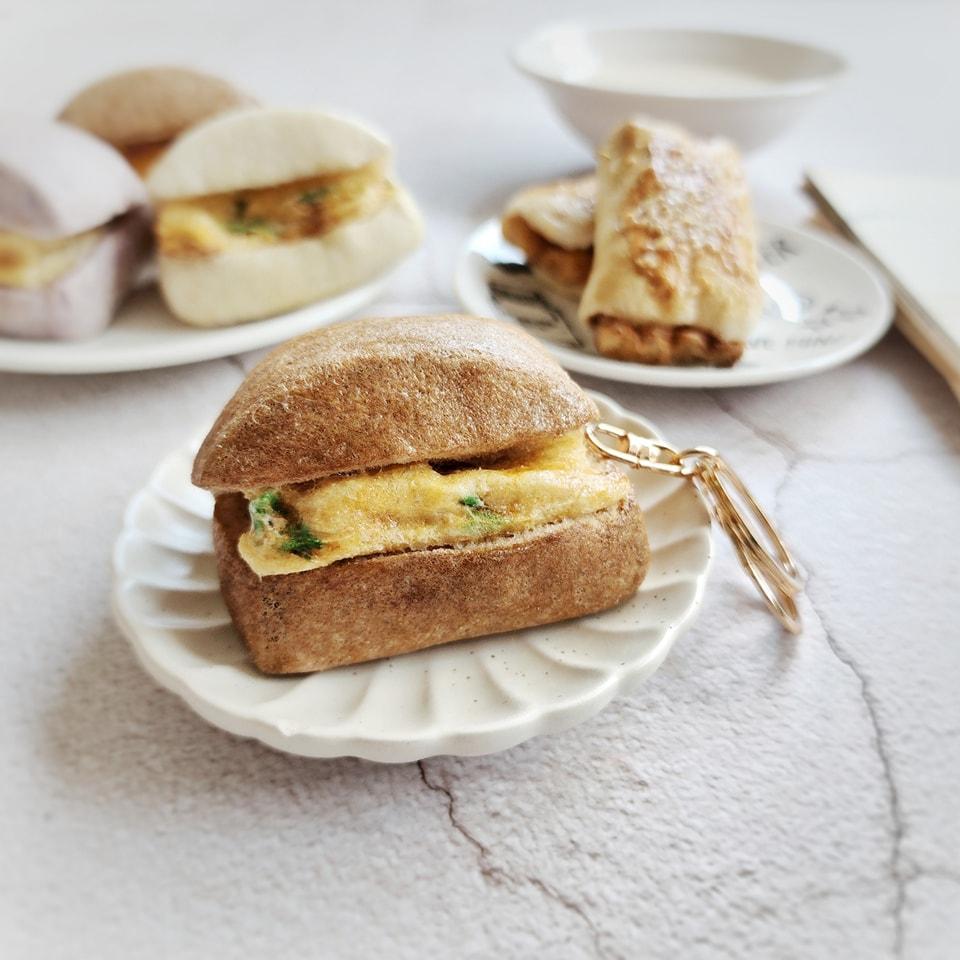
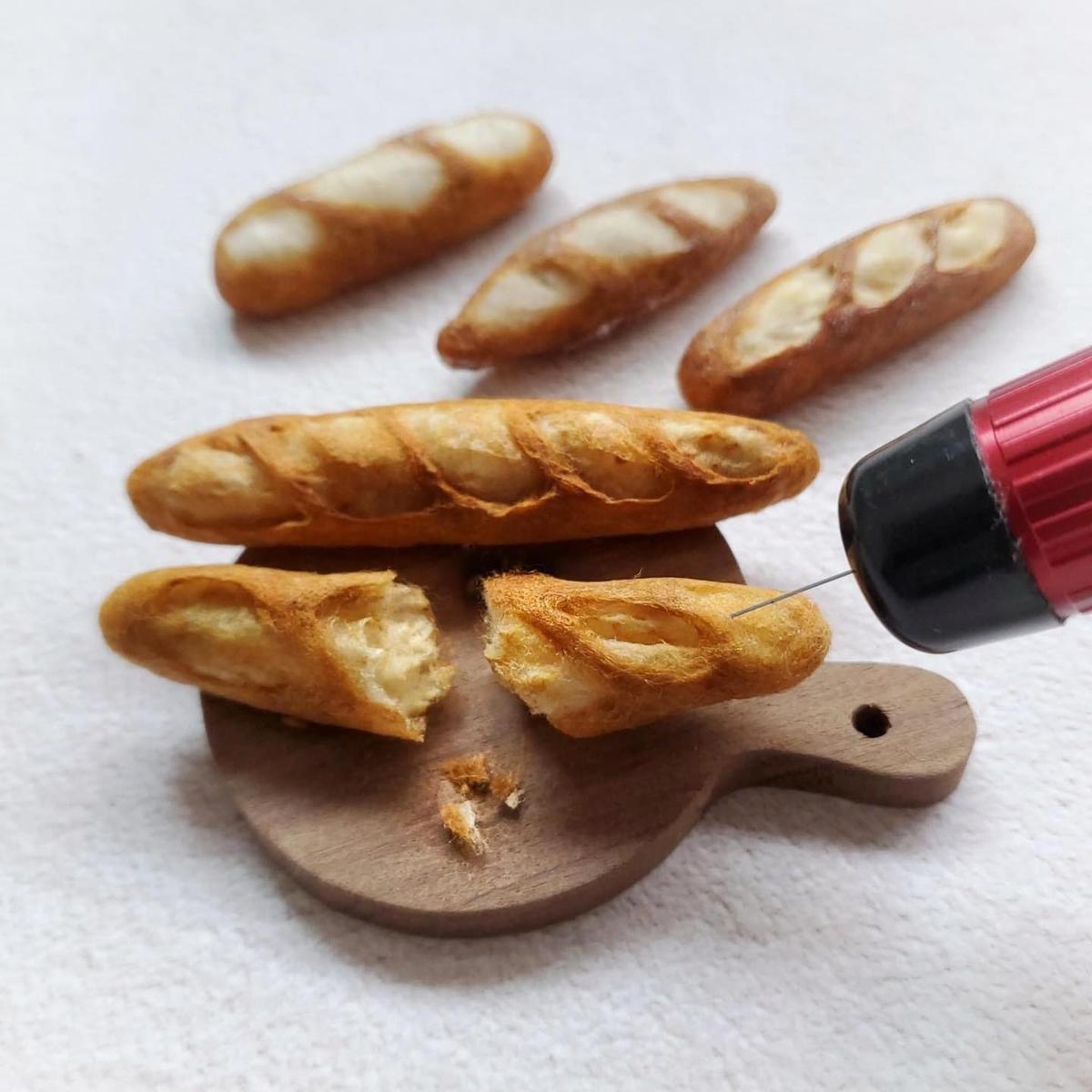
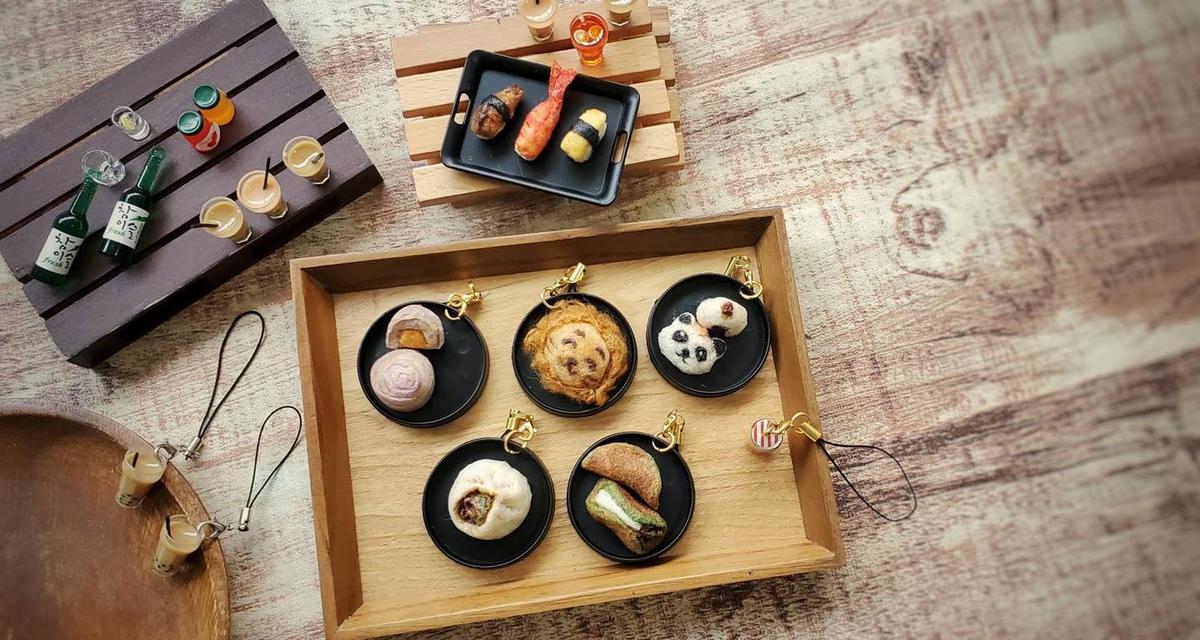
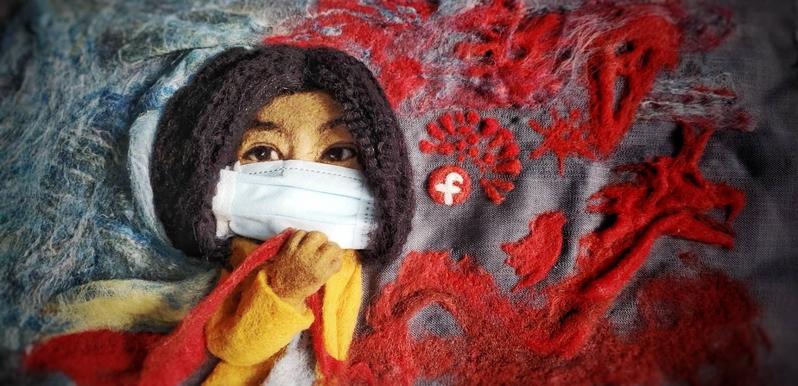
Love for Needle Felting
“I came across the needle felting handicraft three years before I retired from the military,” Lei said. “At that time, I felt it was like ‘love is around the corner.’”Prior to needle felting, Lei tried her hand at carpentry, leather, and fabric but none of them kept her interest for long.
Lei, who is known in the industry as “Xiao Bao” or “Teacher Bao,” explained that needle felting is not only good for practical items, such as woolen hats, socks, and yurts, but also has an artistic side and can be used to create delicate artworks. Moreover, unlike many other crafts, needle felting is easy to get into as only a needle, a lump of wool, and a small workspace are required.
Almost six years ago, it was not an easy decision for Lei to bid goodbye to her military career as she was due to receive a lifelong pension if she would stay on for four more years. But after she met two successful entrepreneurs, she made up her mind.
Lei, who studied graphic design in university, recalled one of the entrepreneurs saying, “Now it’s not only just a time of financial crisis, it’s also a time of character crisis.”
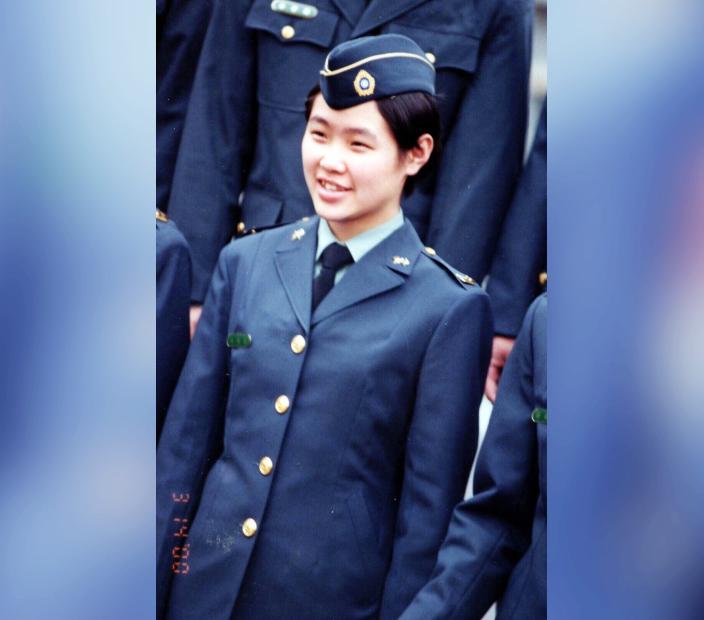
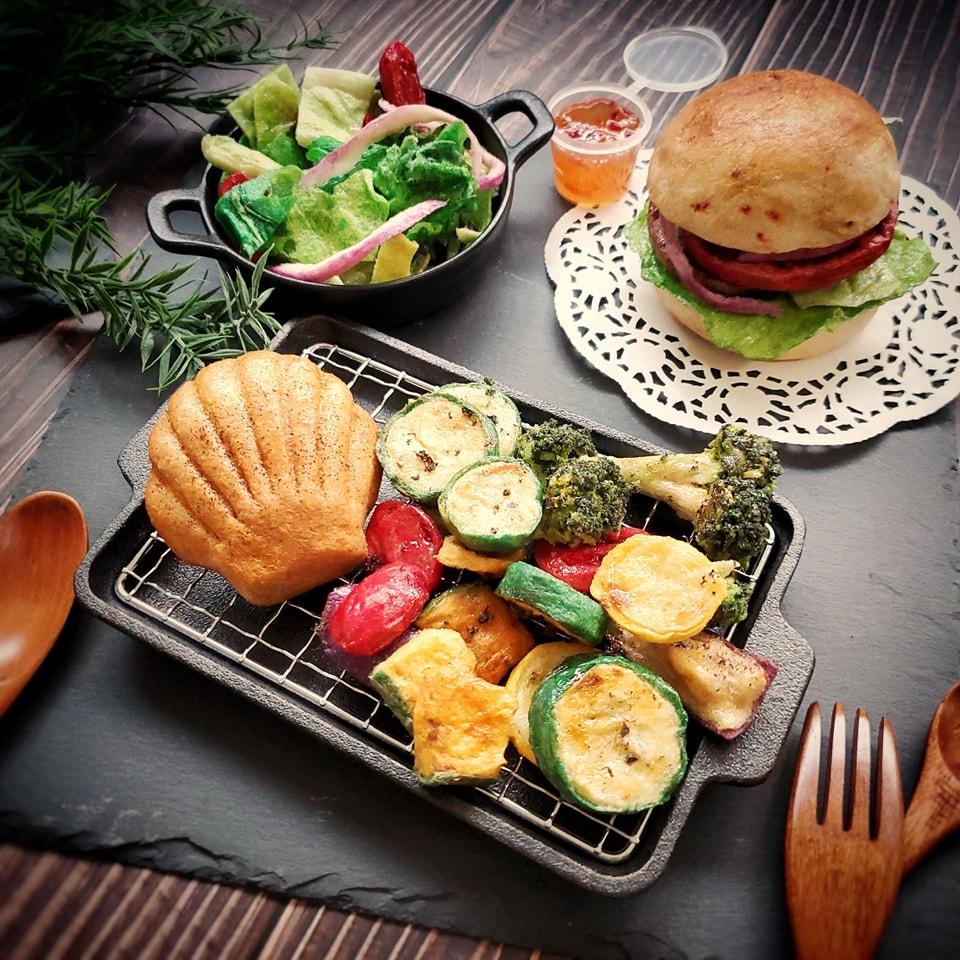
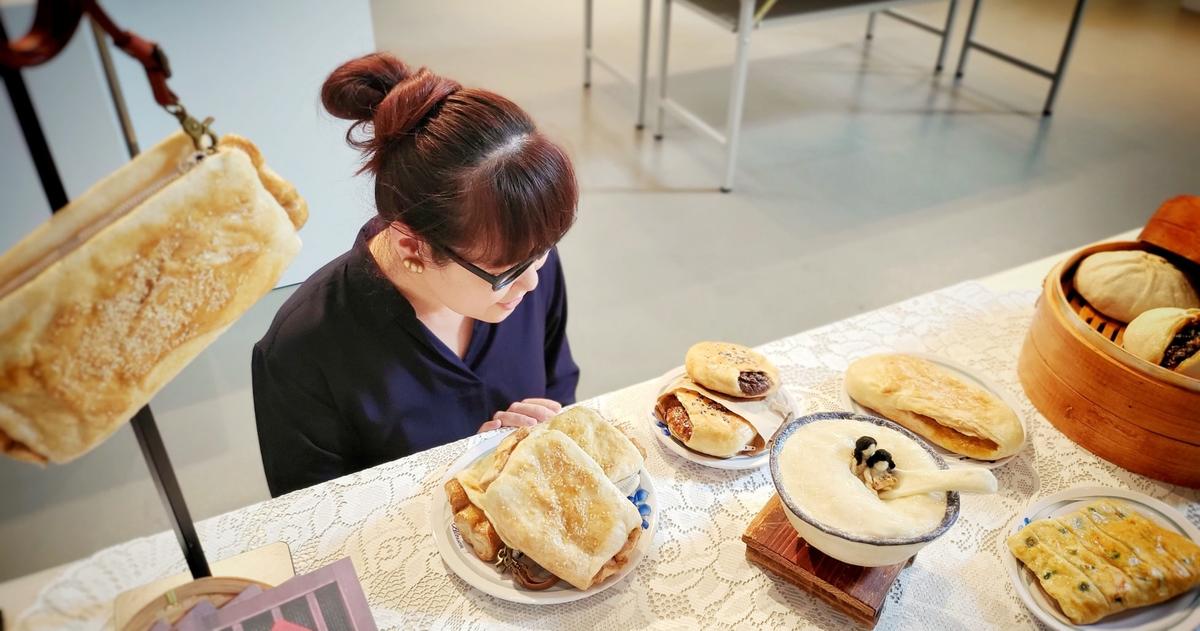
A ‘Bread’ With a Purpose
Though Lei makes several kinds of needle felting artworks, she chose polo buns as her main product, focusing on making bread-shaped keychains, earrings, bags, and pouches in different sizes. She stresses that the Taiwanese polo bun is different from those made in Hong Kong or Japan and explained that the legacy of the bread is tied to a common memory shared by Taiwanese people who lived in the 1970s.As a child, Lei resided in a military-dependent village as her father served in the military. Every day when the food van arrived carrying bread, all the children would rush toward it, making it a memorable scene with everyone in the village gathering there. Lei says the symbolic bread is representative of a long tradition—living together in harmony.
“At that time, there was no chaotic things between people,” Lei said. “I feel that was very simple and happy.”
She aspires to express this life lesson through her art, using traditional bread as a “medium to interact with people” and bring them closer.
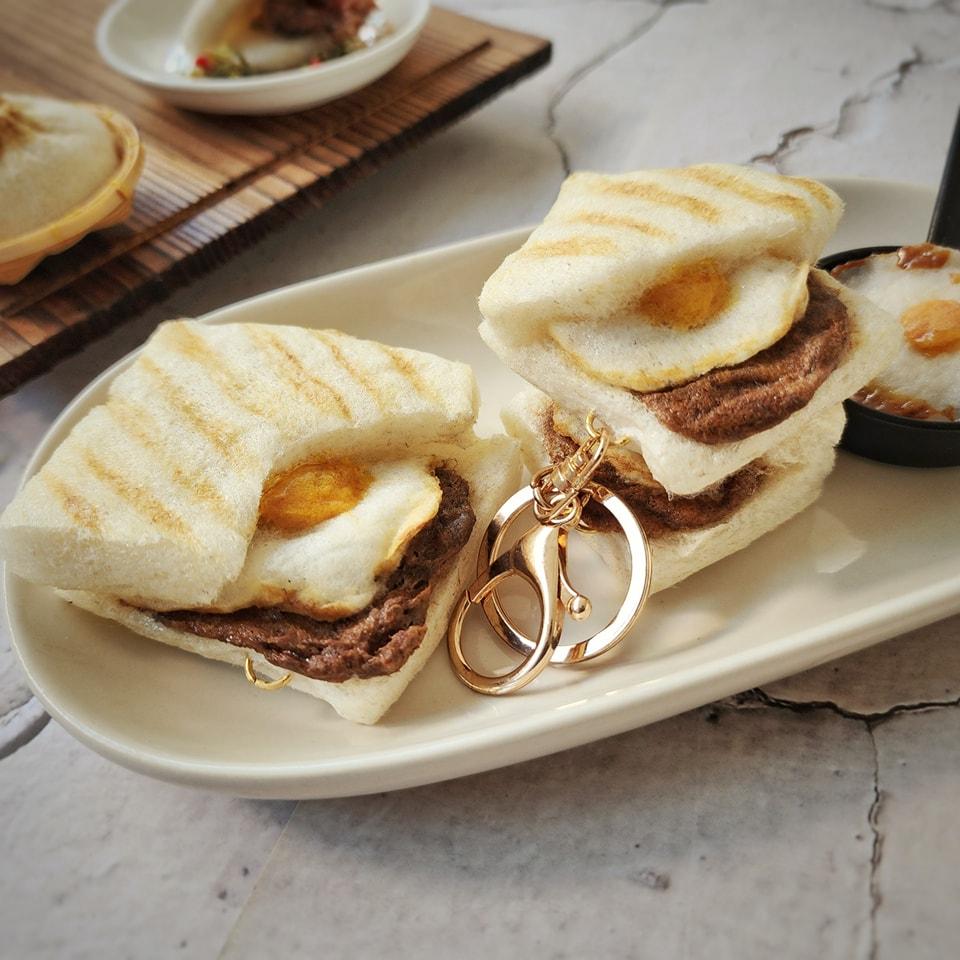
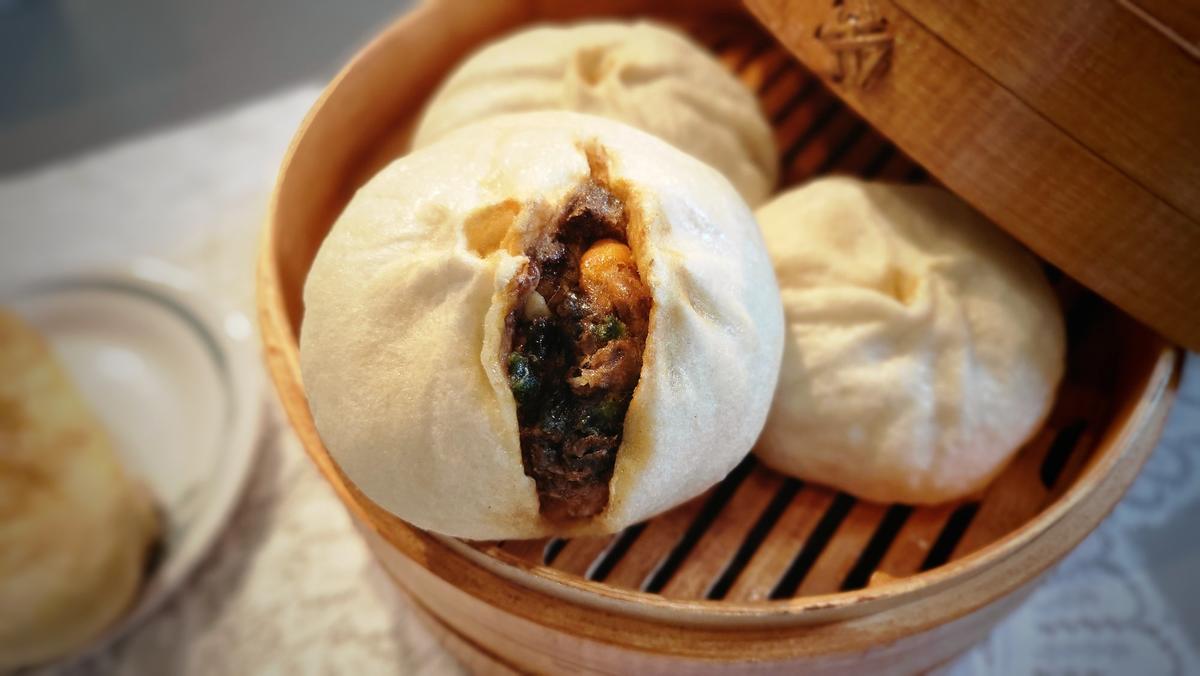
Hoping to restore a humanistic spirit and the declining traditional values of benevolence, righteousness, trustworthiness, and proper conduct; Lei endeavors to inspire a subtle inner meaning—the soul of the artwork—in each of her creations. She says this makes her work different from a lot of contemporary art, which seems to be lacking in a deeper meaning.
“When you talk about your artwork or creation, you should be enjoying it and never tired of it. That is the origin of art, its creation,” she said, adding that an artist’s positive inner world is crucial to lending an uplifting meaning to each piece.
Lei’s artwork caught the attention of the deputy director of a museum of contemporary art in Taiwan who invited her to hold an exhibition. “They were exploring what contemporary art is, and he explained the reason for inviting me. He said that I connected life with my artworks, and the way we can live together. He hoped that everyone would think about what art is and what should you care about while living in this world,” Lei said.
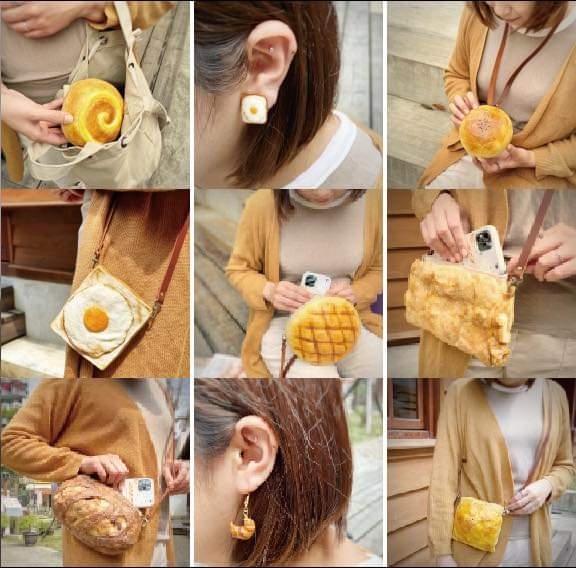
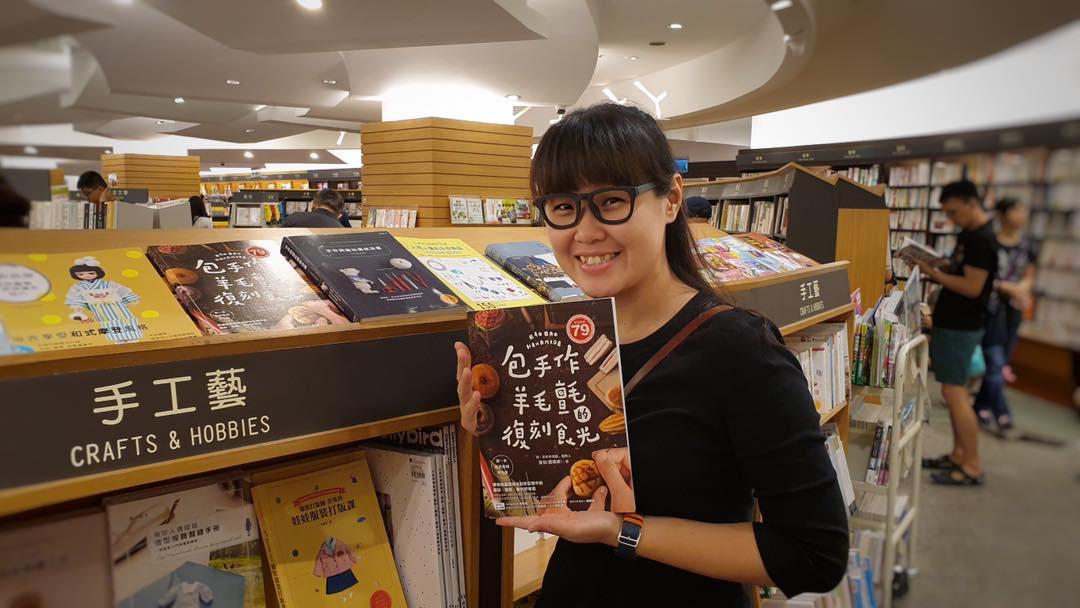
The “breads” that Lei makes are so vivid and lifelike—even their surface appears truly “oily”—that people who see them for the first time are blown away.
“They usually have three reactions,” Lei said. “The first is feeling wowed and exclaiming in joy. The second is that they will touch the artwork. And the sensation they get after touching it will move their hearts, and they will exclaim again the second time. The feel of the ‘oily’ surface makes them think that their hands are really oily after the touch, making them rub their hands on their clothes—their usual third reaction.
“Their three usual reactions make me feel that they have entered the world of the bread.”
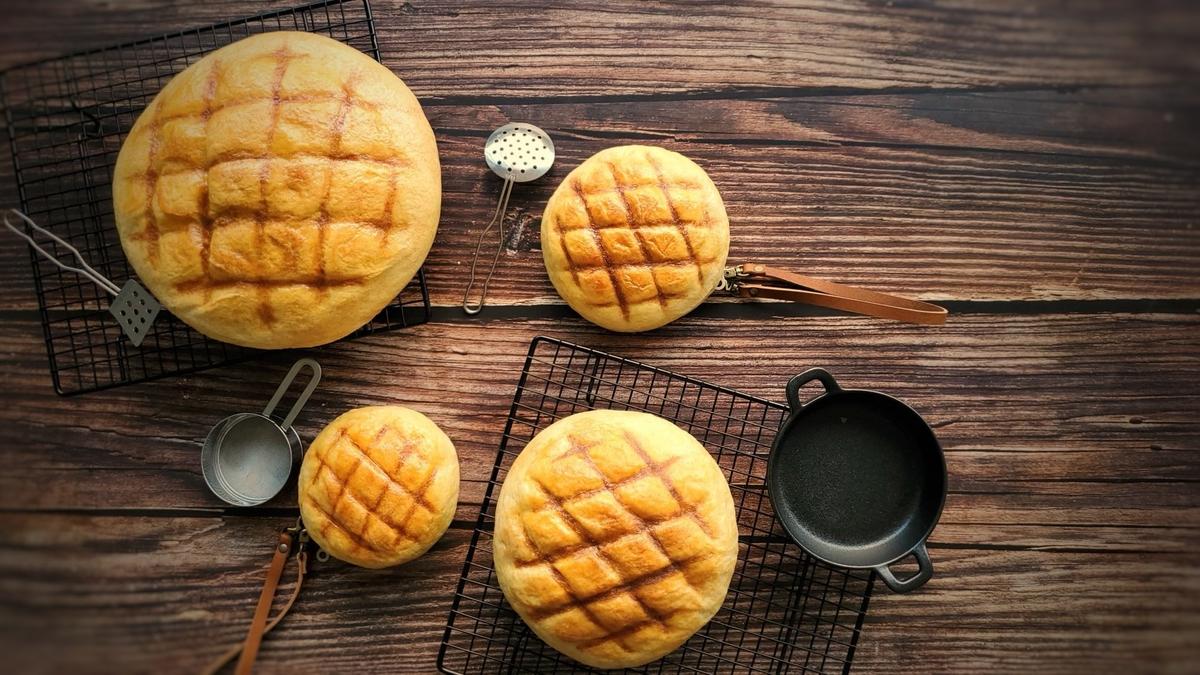
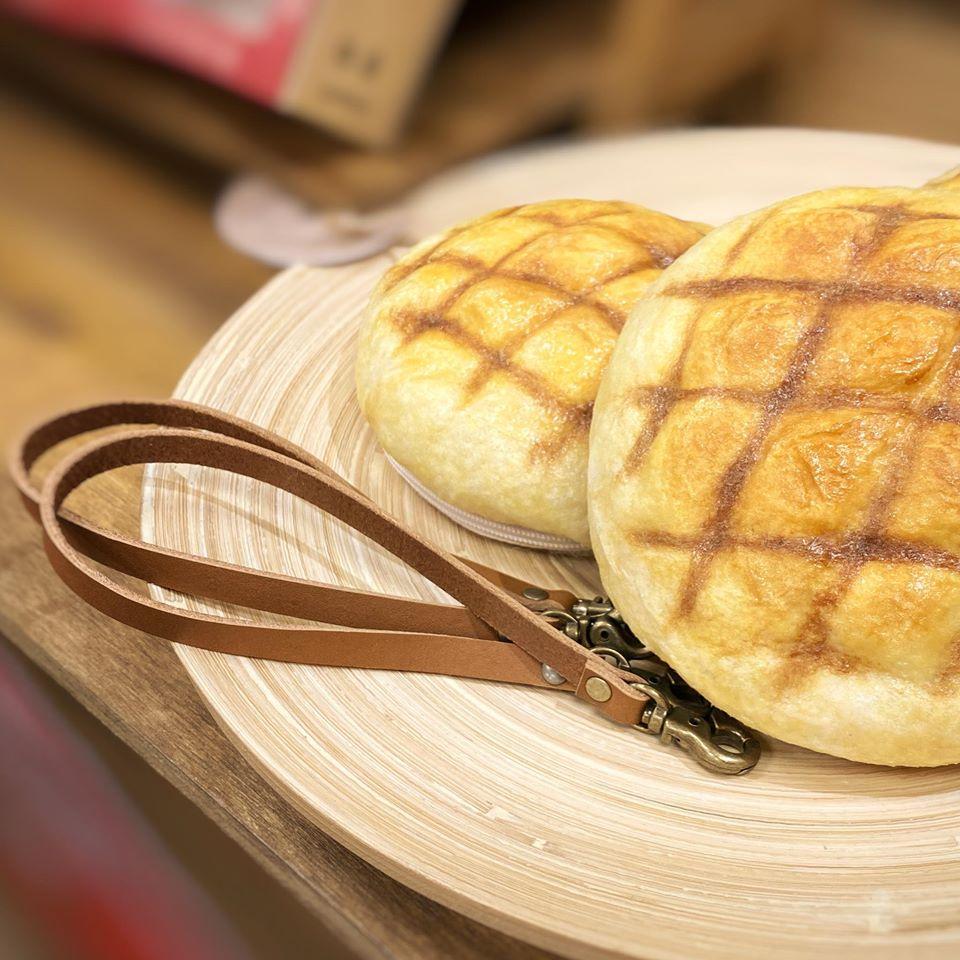
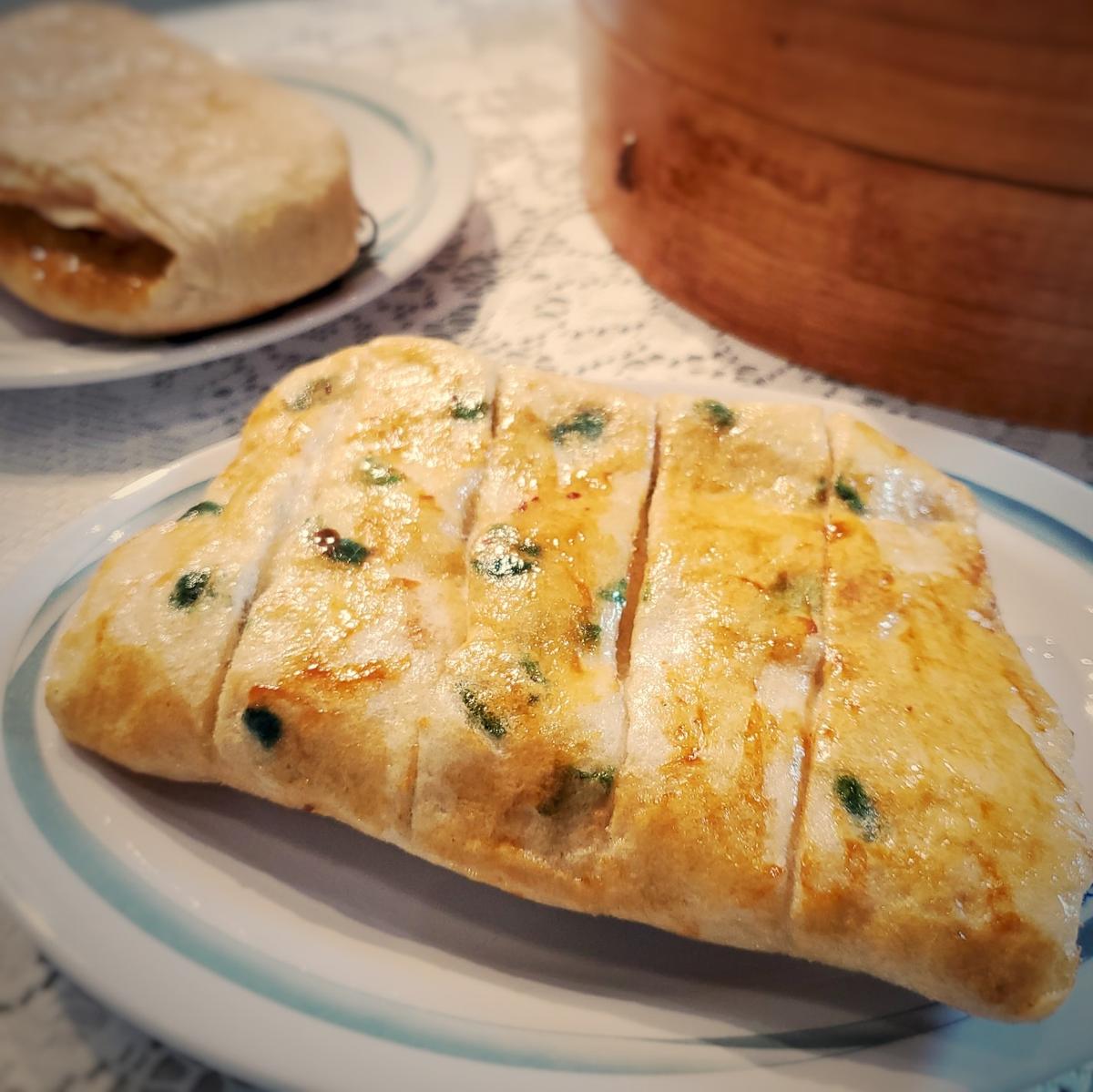
A Difficult Journey
Despite all the praise and fame, Lei says it was God who gave her the creative ability to use her artworks to help people realize a very important concept: cherish kindness and simplicity between people.However, entrepreneurship is not easy, much less running an art business.
“Everything was not as idealized and dreamy as I had thought,” Lei said, adding that she tried her best to overcome the hurdles with her determination and upright thoughts.
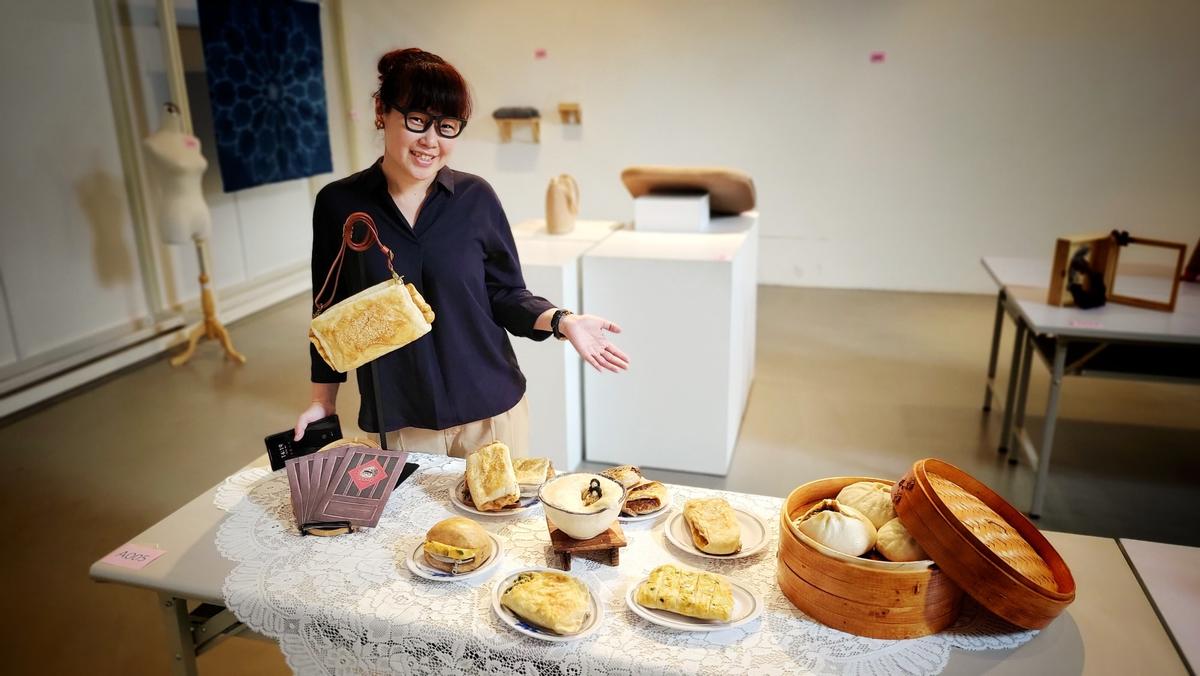
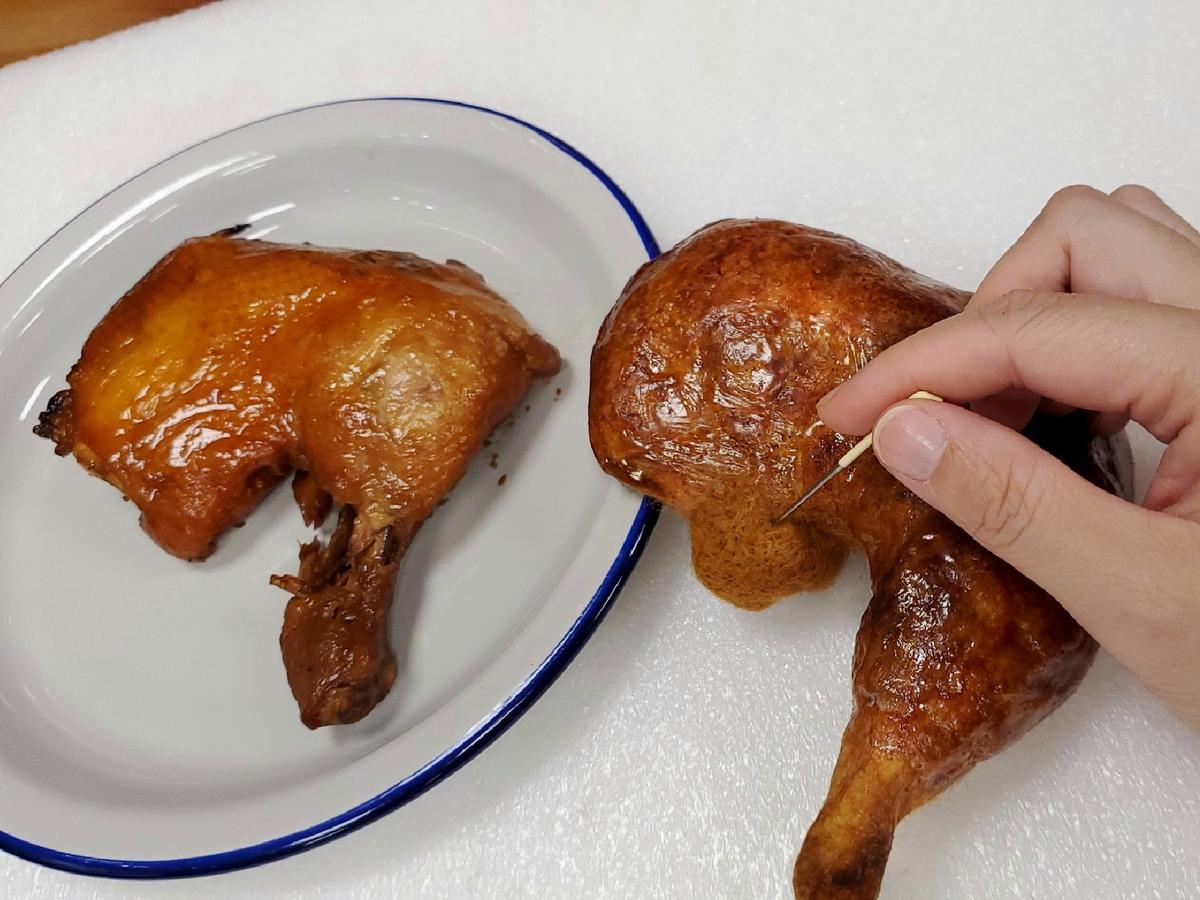
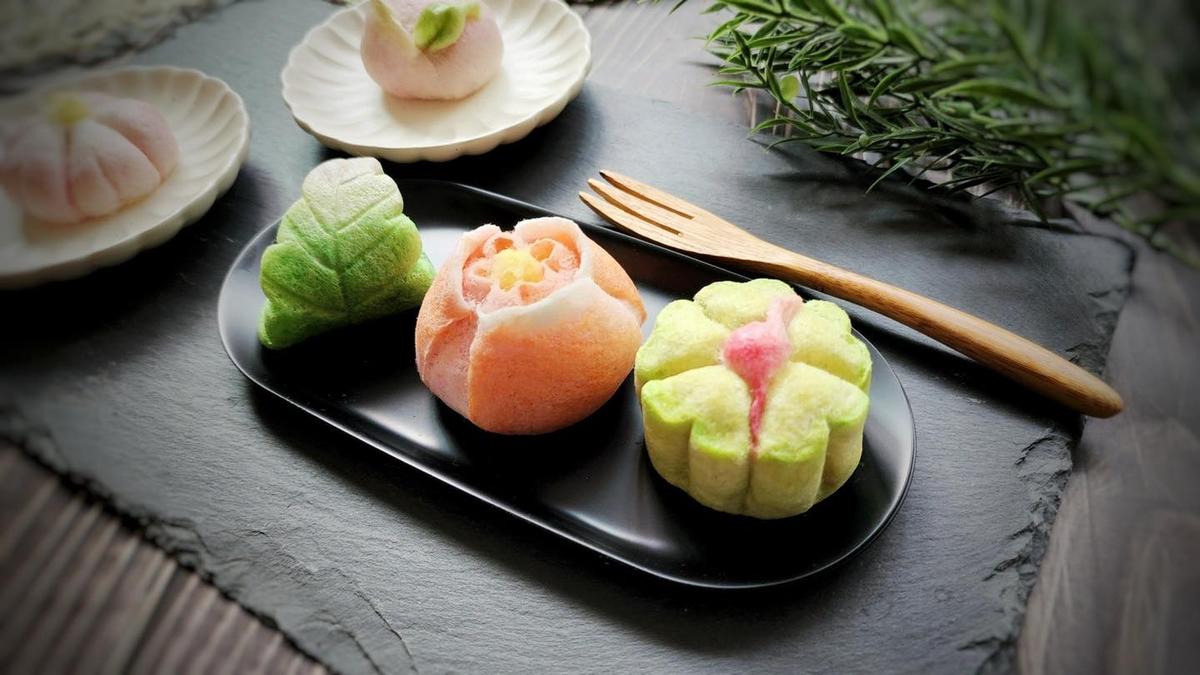
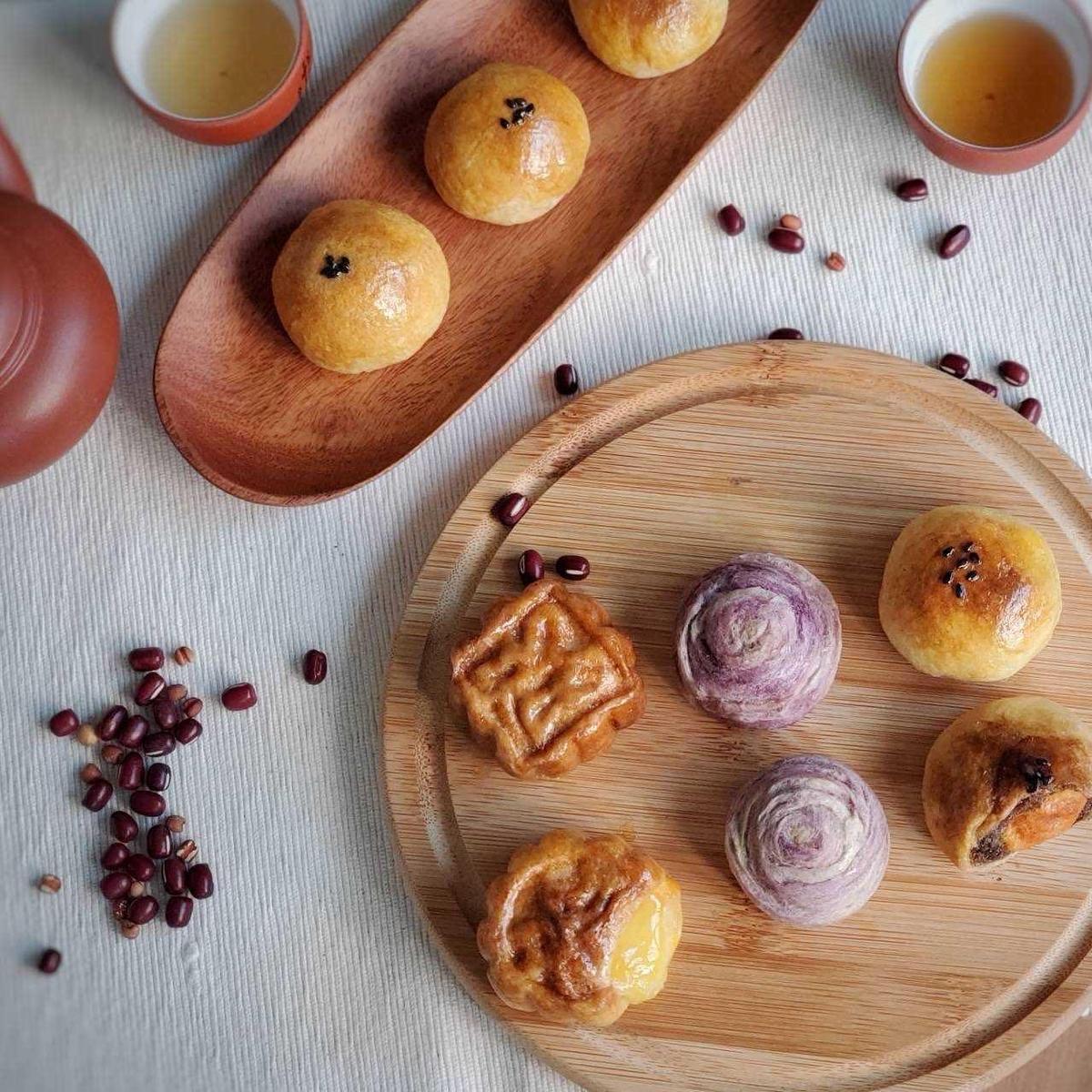
In the beginning, Lei learned how to set up a stall in a market to sell her handmade products and also did artistic visual planning for her brand. Later, she had a chance to work with Eslite—one of the largest bookstore chains in Taiwan—and learned a lot from them including branding and packaging.
But she soon encountered another problem: she was unable to produce the artworks as fast as they were being sold.
So Lei did what her peers in the art industry dare not do—setting up her own team and sharing all the insider tricks of her art. Lei said that usually artists are afraid staff would leave the team after acquiring the skills and then imitate their artwork, but for her, it was never a big concern.
She said that running a business isn’t easy or a one-man show. “As our team was being trained, everyone understood that one person can’t handle everything. That’s why no one wants to leave,” she said. “Everyone needs to rely on one another. That’s when you realize that many things are not what outsiders imagined them to be.”
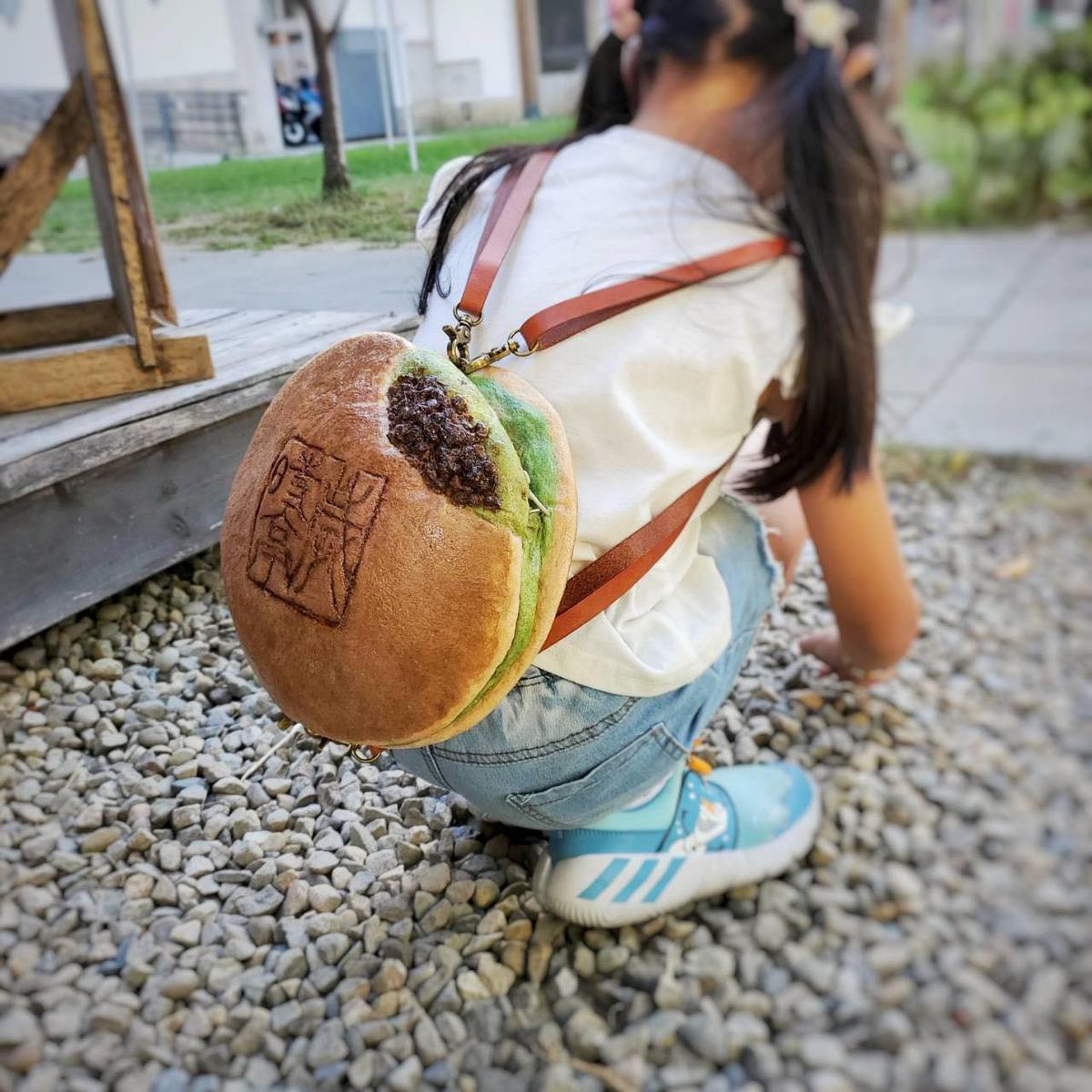
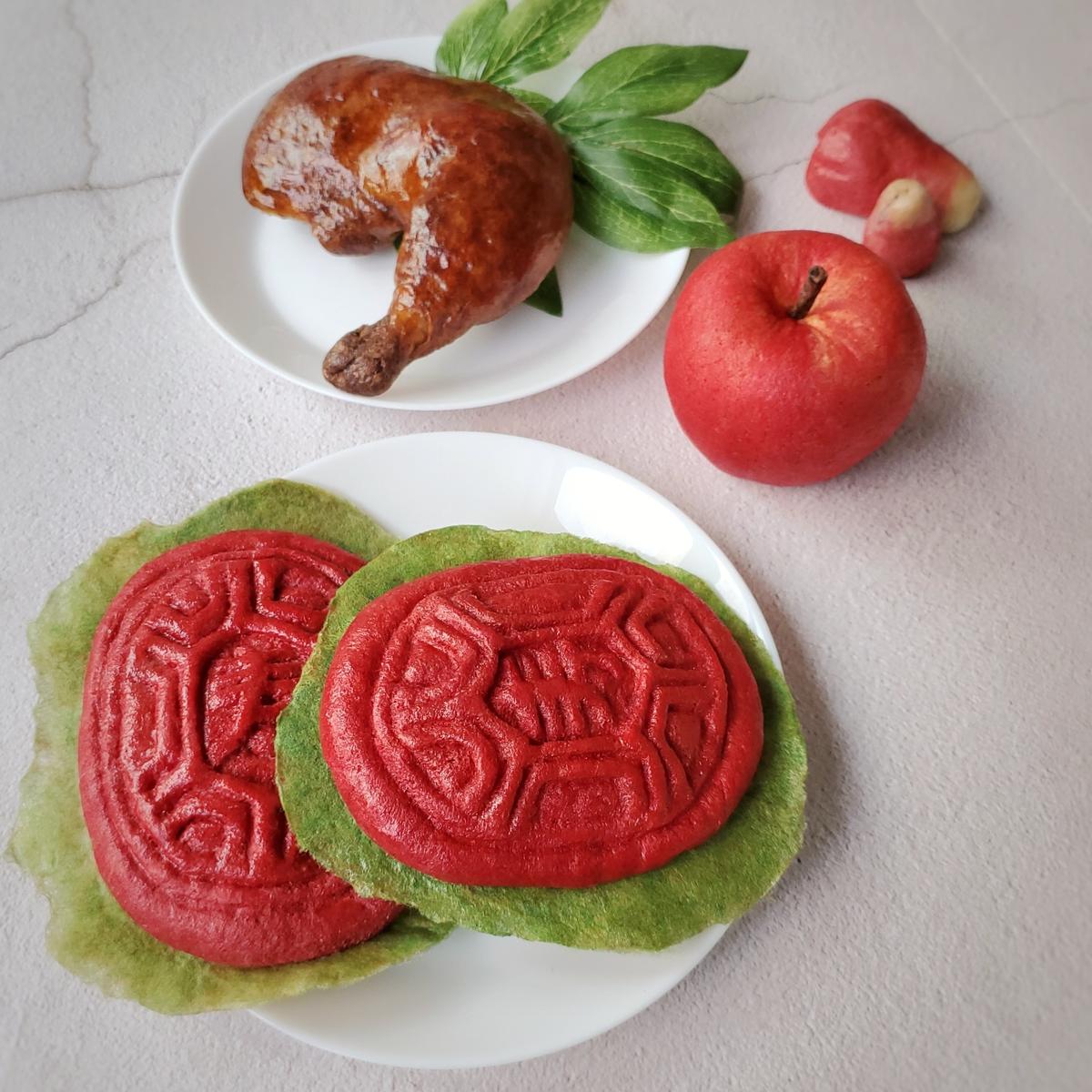
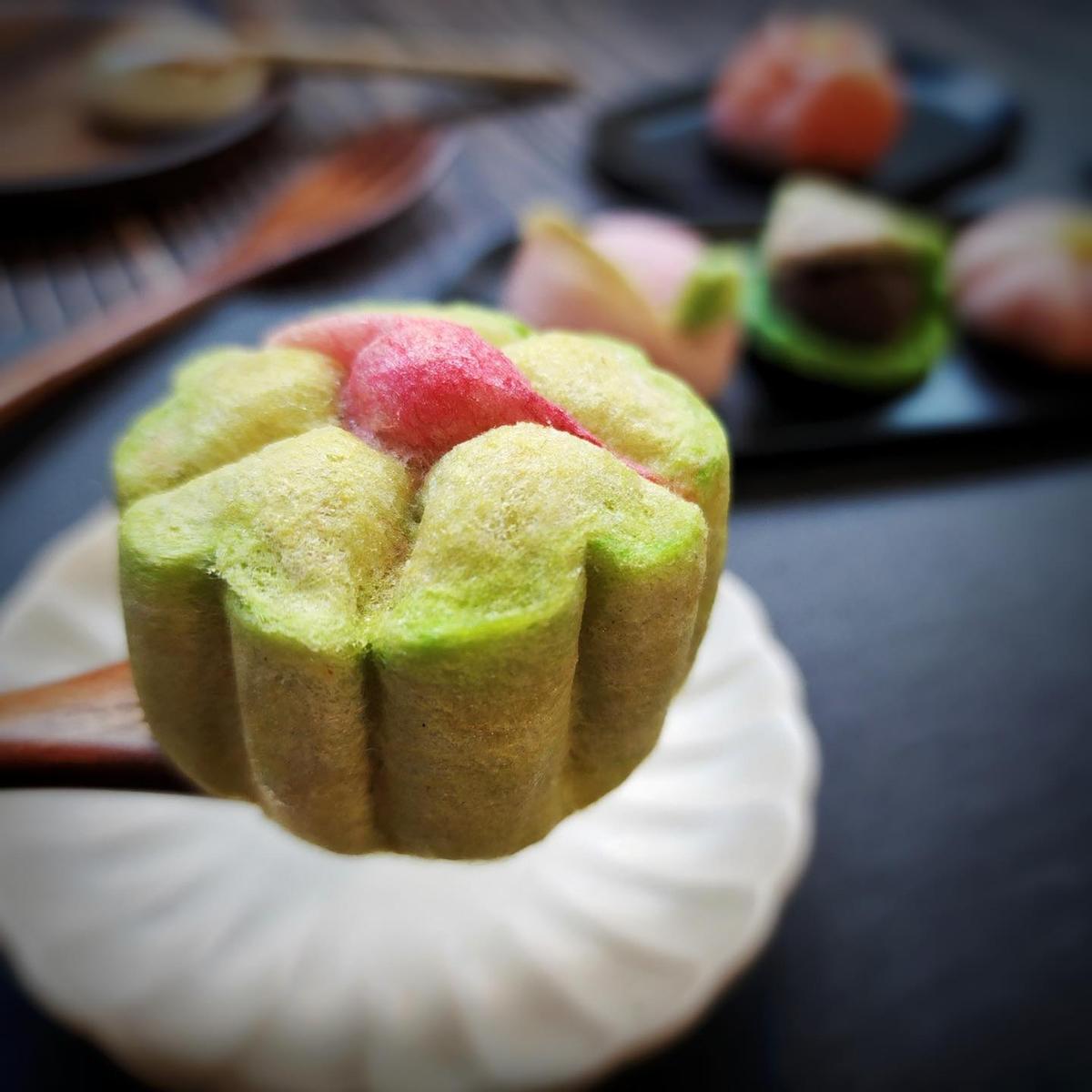
Lei says the process of leading a team wasn’t an easy journey either as it requires exceptional-level skills in understanding others. She initially faced tough times getting along with young people who often worked with a challenging attitude and couldn’t accept an apprenticeship work style. Close associates also suggested Lei take a stricter stance and show her employees “who the real boss is.”
“At that time, I went from the peak to rock bottom,” Lei said. “I started to think, humans are very insignificant and helpless. No matter how hard-working you are, if there is a big change in the external environment, you won’t be able to do anything.”
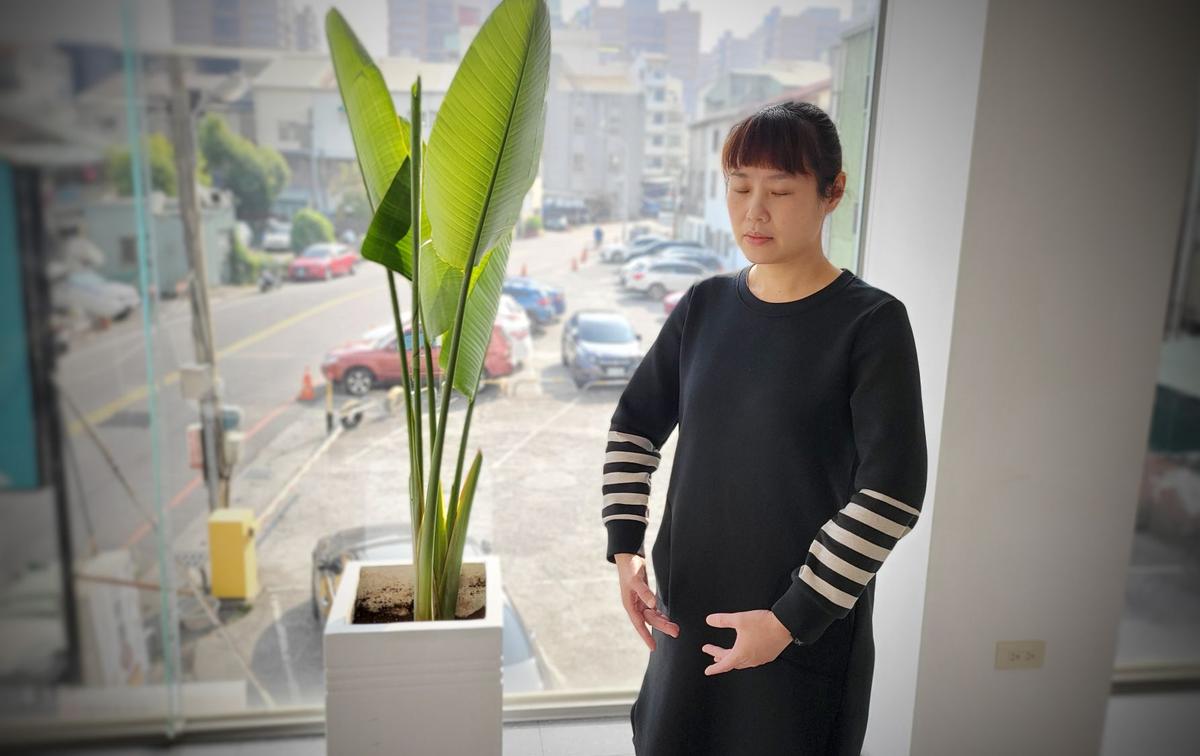
She began to read more of the Falun Gong main text, Zhuan Falun, which gradually helped her to navigate through her business challenges and find balance in her life, including guiding her in how to be a better mother to her young child.
“I started to empathize with their needs,” Lei said. “When they can’t meet [the requirements], I can use another method to get along with people.”
Lei also opened up her heart to the young employees who gave her a tough time. She says they now all share a healthy relationship and one of them was also interested in learning for herself how one book could change a person so much. The practice not only made Lei more considerate of others but also helped her to overcome her feelings of inferiority when meeting high-profile customers.
“Earlier, I was going after things like reputation, status, and wealth. But when I no longer cared about these things, I suddenly felt that I am no different from those people—there is no gap between us,” she said.
Though the pandemic cut off her income, she managed to switch things around by offering online classes. Her business started to pick up again and she also invented a felting machine and received several invitations for art lectures.
“A person feels compelled to think of solutions when in a desperate situation,” Lei said of the pandemic. “But what’s most important is that your wisdom will only appear when your heart is calm—‘gaining wisdom by remaining calm.’”
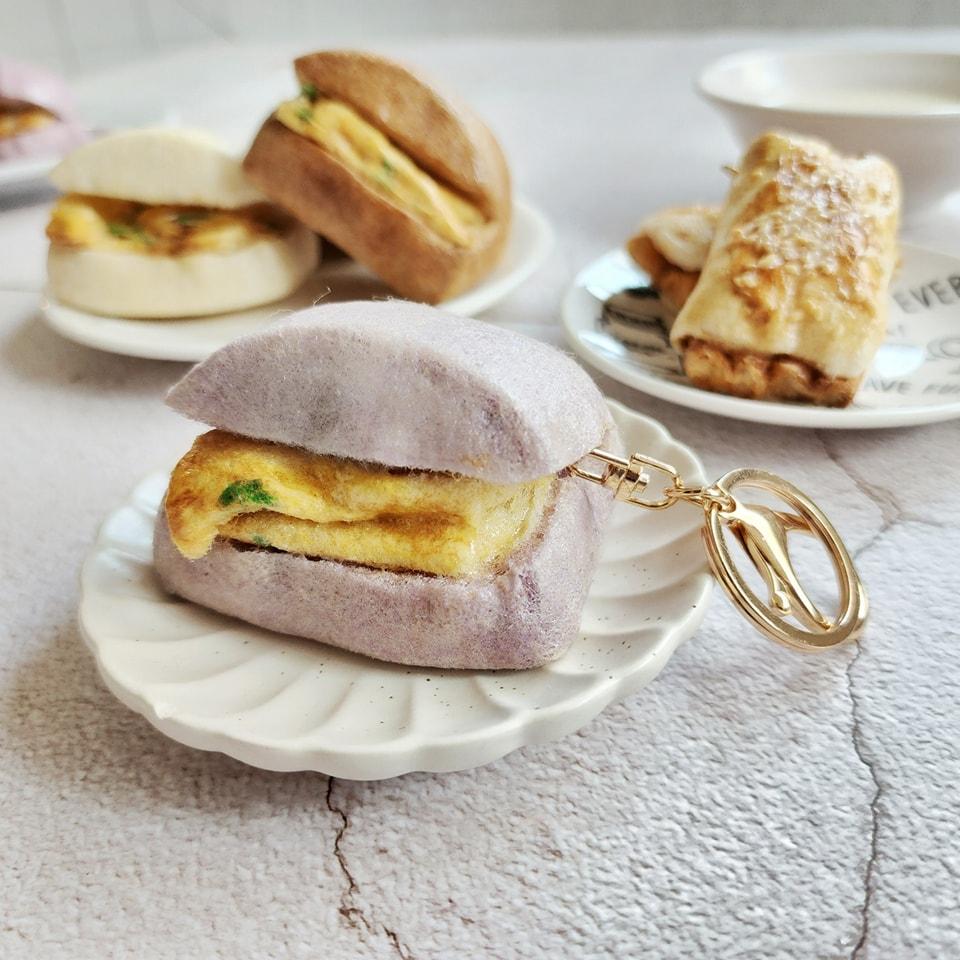
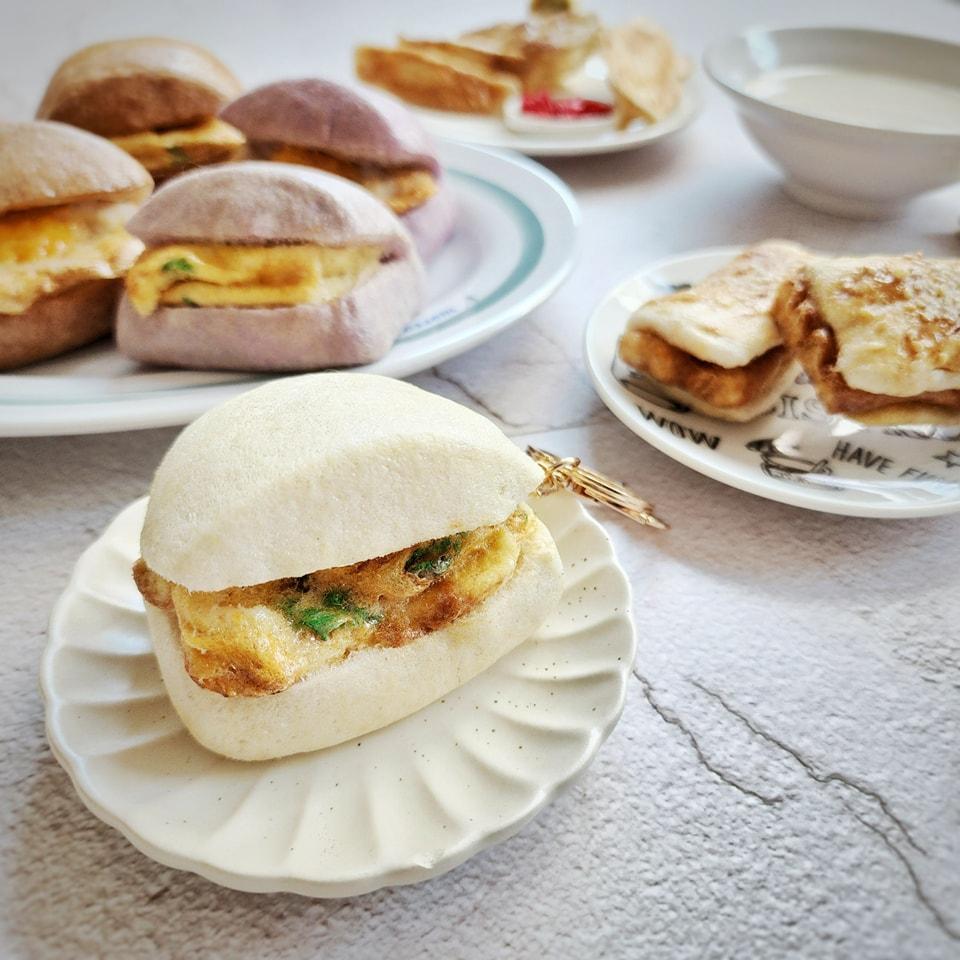
A Gift to Taiwan President
Lei has won many awards since she started her brand. She won second place at the Taoyuan Cultural Affairs Bureau Foundation Artist-in-Village in 2017 and also took second place at the 2022 Fiber Creation Award. However, what made her proudest was receiving the Cultural and Creative Excellence Award from the Taiwan Ministry of Culture in 2019. The ministry ordered 35 coin purses in the polo bun shape as gifts for overseas guests and dignitaries.“I think it also reflects that the entire Ministry of Culture actually sees the connection between our regional handicraft industry and ethnic culture as a bright spot that can be promoted internationally,” she said, adding that it is really important to constantly discover and explore local culture.
Her artwork also caught the eye of the president’s office in Taiwan.
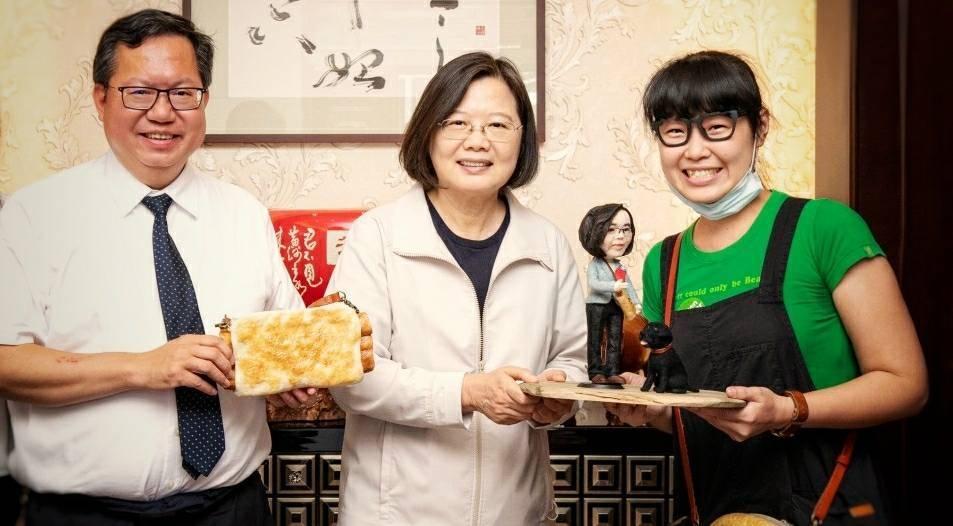
In 2019, Lei was tasked with a 48-hour mission—creating a birthday gift for the President of Taiwan, Tsai Ing-wen. It was a rare opportunity for Lei to speak to the president. Her final artwork was a figurine of the president standing and holding Taiwan in her hands, protecting it.
“This means that Taiwan is her most precious gift,” Lei said. “The President also has many dogs. I depicted one of her guard dogs defending the interests of the people of Taiwan [from external threats].”
Lei had a chance to personally present the gift to the president with many other business owners and entrepreneurs present at the event, and she took this once-in-a-lifetime opportunity to share her hope of having a free and democratic environment, which she says is also the shared dream of all business owners in Taiwan.
Apart from crafting award-winning breads and other food items, Lei is also aiming to excel in creating expressive characters to add purposeful meaning to each artwork—sticking firmly to her mission of preserving the traditional belief in kindness and goodness.
“I feel that everyone in this era has a mission, Lei said. “We have to pay attention to this world and try to see what it is lacking in, and what can we do to rectify it. I think this kind of life is the brightest.”

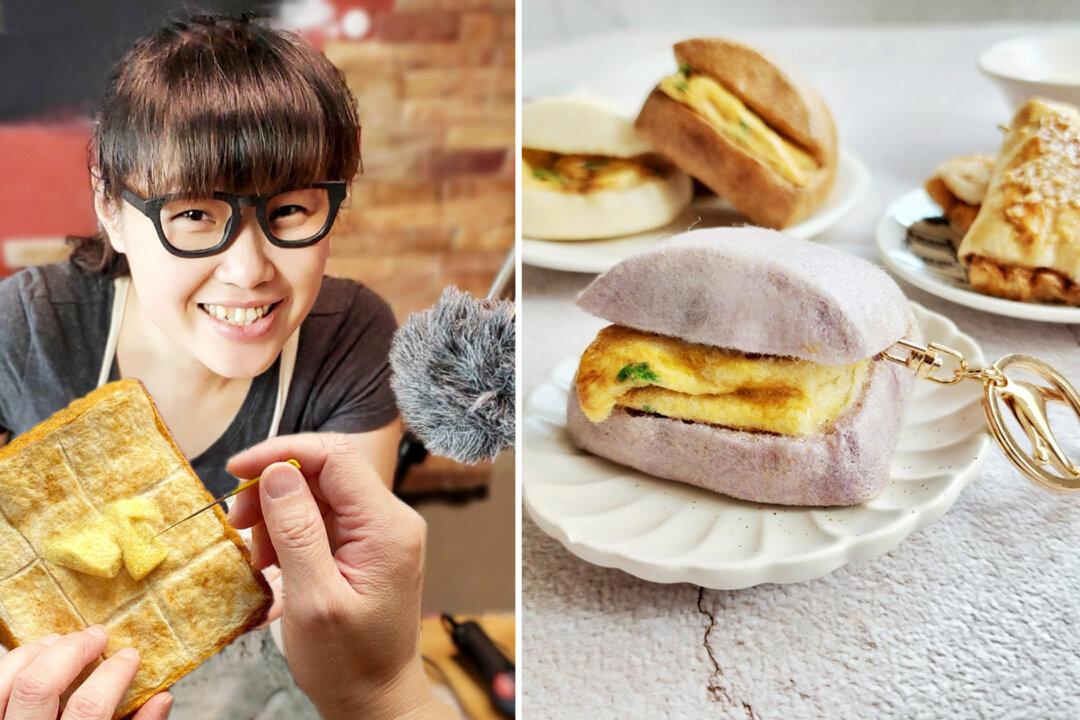
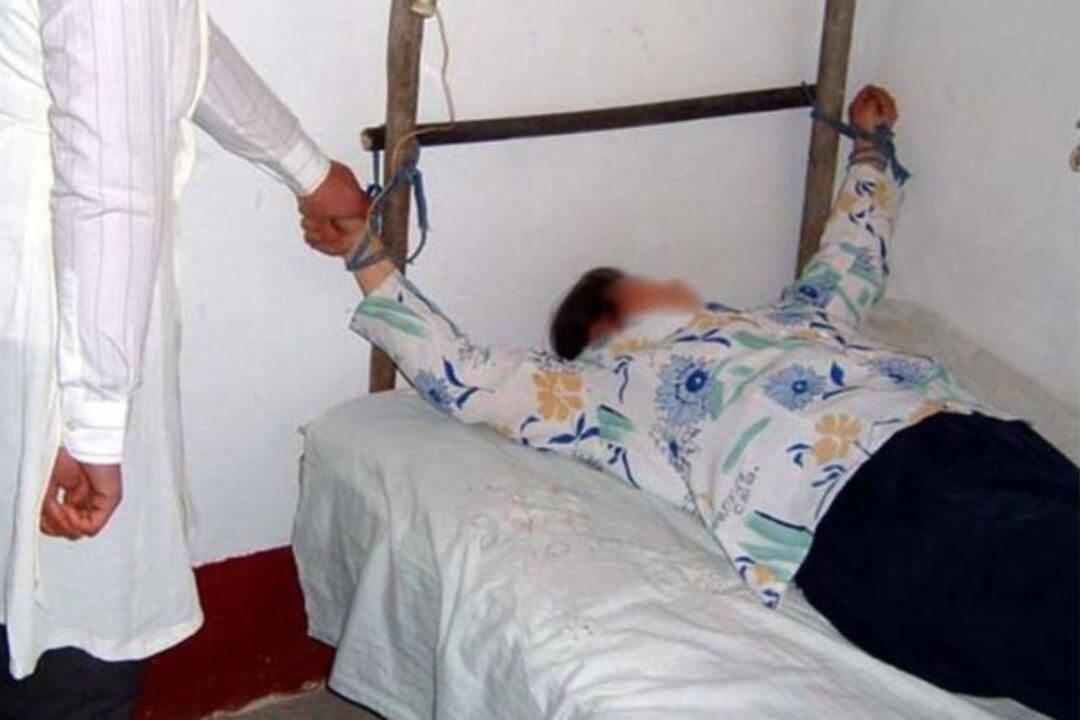
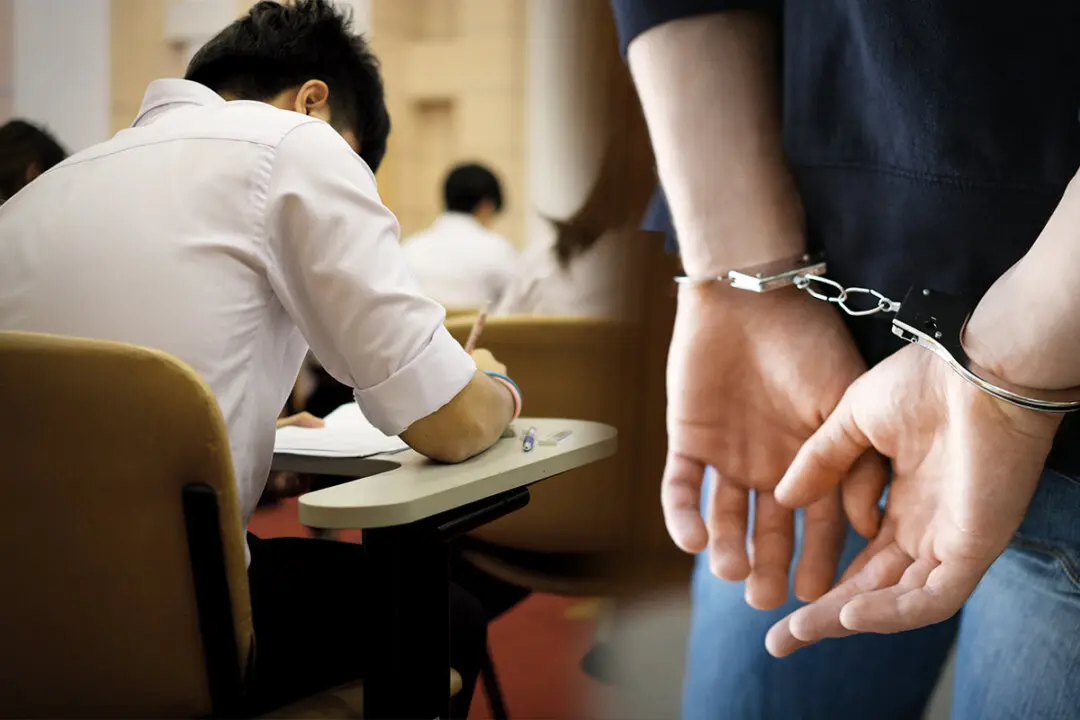
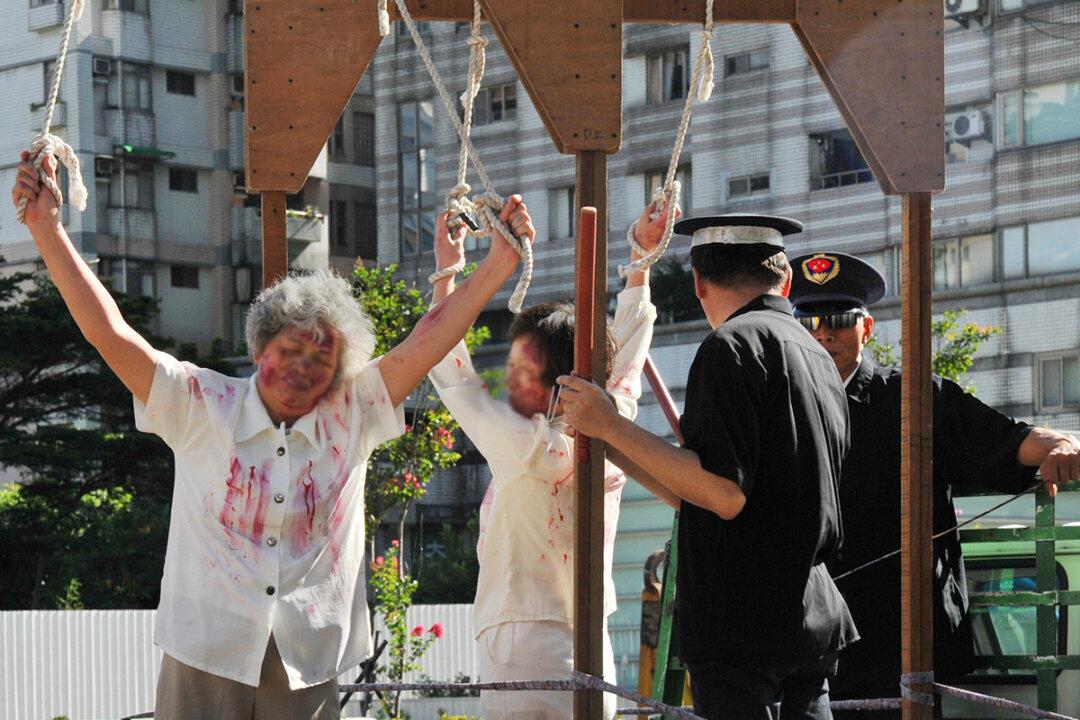
![‘Killing You Would Be the Same as Killing Ants’: Prisons Where Innocent Citizens Are Tortured [PHOTOS]](/_next/image?url=https%3A%2F%2Fimg.theepochtimes.com%2Fassets%2Fuploads%2F2023%2F12%2F09%2Fid5544114-Falun-DaFa-practitioner-1080x720.jpg&w=1200&q=75)